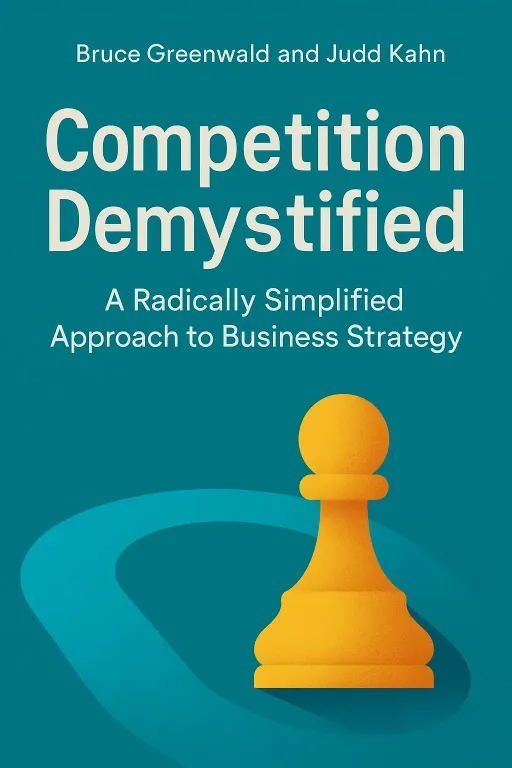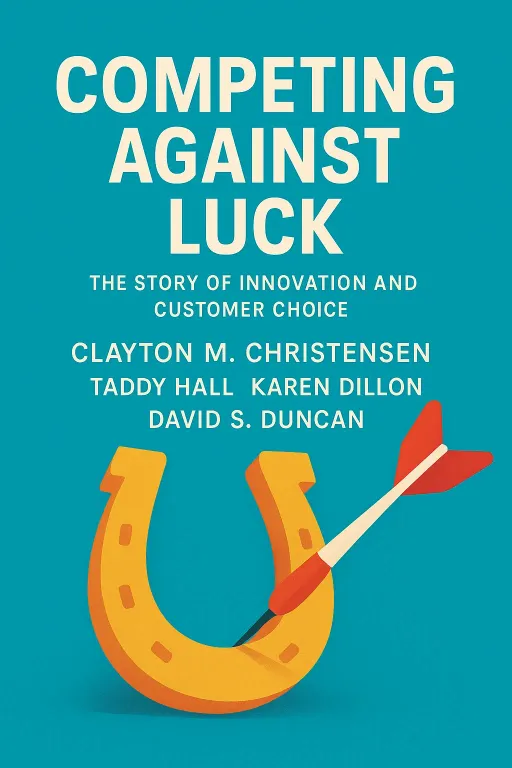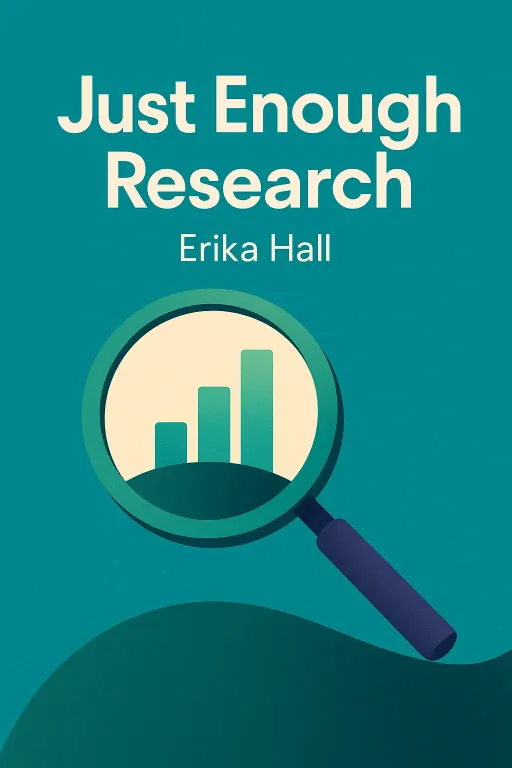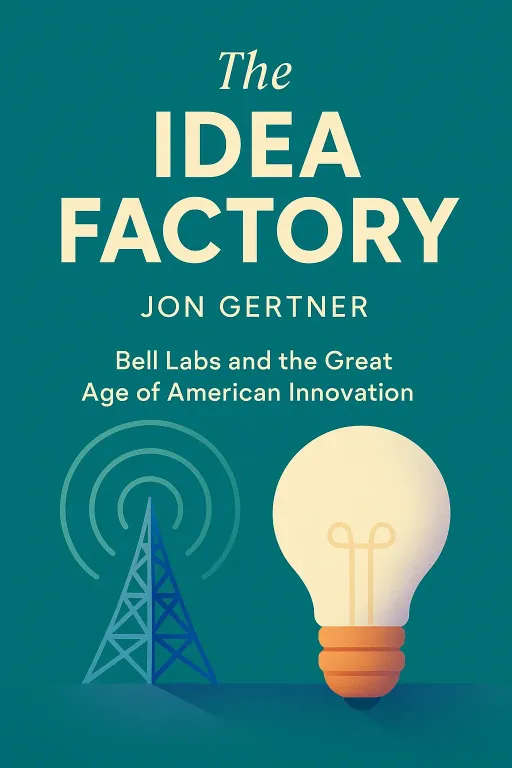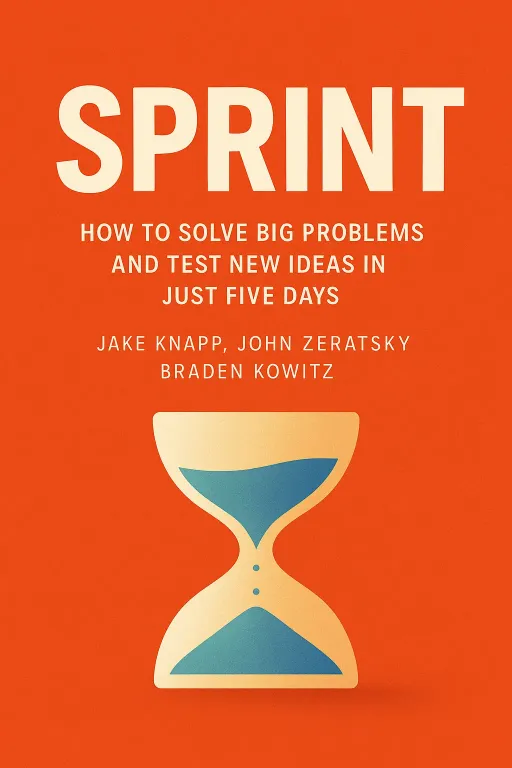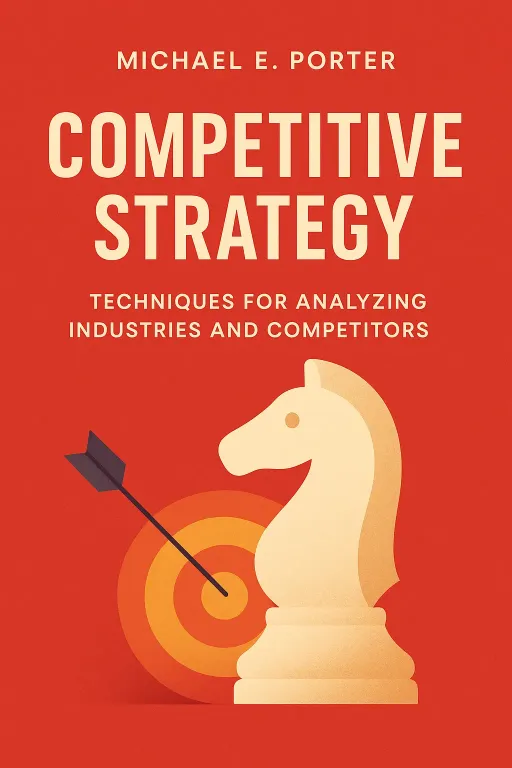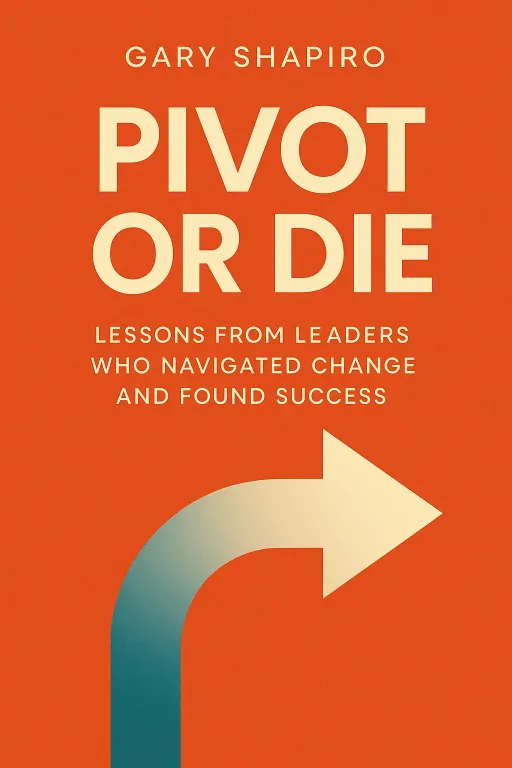
The Pivot Paradox
9 minGolden Hook & Introduction
SECTION
Joe: Lewis, what's the most common, and possibly most dangerous, piece of business advice you've ever heard? Lewis: Oh, that's easy. 'If it ain't broke, don't fix it.' It's the official mantra of comfortable mediocrity. It sounds wise, but it's usually an excuse to not think. Joe: Exactly. And today's book argues that in the modern world, that advice is a death sentence. We're diving into Pivot or Die: Lessons From Leaders Who Navigated Change and Found Success by Gary Shapiro. Lewis: Right, the guy who's been running CES, the giant tech trade show, for over forty years. If anyone has seen companies pivot or die, it's him. He's had a front-row seat to the rise and fall of entire industries, from VCRs to the cloud. Joe: He's seen it all. And he argues that the ability to pivot, to intentionally change direction, is the single most important skill for survival. He saw the ultimate test of that idea in 2020. It wasn't about fixing something that wasn't broken; it was about the whole world breaking at once. Lewis: And that brings us to what Shapiro calls the 'Forced Pivot.' This isn't a clever strategic choice. This is a tidal wave coming right for you.
The Forced Pivot: When the World Changes Under Your Feet
SECTION
Joe: Picture this: It's January 2020. Ed Bastian, the CEO of Delta Airlines, is on stage at CES in Las Vegas. He's giving a keynote, painting this incredible, optimistic vision for the future of travel. Delta is flying high, a $47 billion revenue company. They're the biggest airline in the world by revenue. Everything is perfect. Lewis: I remember that feeling. The world felt like it was accelerating, but in a good way. It was all about innovation and what was next. Joe: Exactly. And then, just a few weeks later, the world slams on the brakes. The COVID-19 pandemic hits. Air travel doesn't just slow down; it evaporates. Millions of people cancel their plans. The entire industry goes into freefall. Lewis: And what does that look like for a company the size of Delta? It's hard to even imagine the scale. Joe: The book lays it out starkly. Delta went from making billions to losing $100 million. Per. Day. Lewis: Wait, $100 million a day? That's not a number my brain can compute. That's a Super Bowl commercial every few hours, just vanishing into thin air. Where do you even begin to tackle a problem that big? Joe: That's the essence of the Forced Pivot. You don't have a five-year plan for this. You have a five-hour plan. Shapiro highlights that Bastian's first moves weren't just about grounding planes and cutting costs, though they did that. The core of their pivot was a human one. They immediately focused on safety, implementing hospital-grade air filtration and new cleaning protocols. They had to rebuild trust before they could even think about rebuilding revenue. Lewis: That sounds great for PR, and it's the right thing to say, but was that the real key to survival? Or was it about weathering the storm long enough for government help to arrive? How much of this was about values versus pure, cold, pragmatic survival? Joe: That's a fair question, and the book suggests they're intertwined. Bastian argued that without the trust of their employees and the few customers still flying, there would be no company left to save, regardless of government aid. He was famously candid, admitting, "We're being honest about what we don't know." And to make it even more intense, during this period of corporate crisis, Bastian's own mother passed away from COVID. He was navigating immense personal loss while trying to save 75,000 jobs. Lewis: Wow. That adds a whole other layer to it. It's not just a business case study anymore; it's a story of human resilience. So the 'Forced Pivot' is really about leadership under the most extreme pressure imaginable. You're not steering the ship; you're just trying to keep it from sinking, piece by piece. Joe: Precisely. And Delta did survive. By 2023, they were thriving again, and Bastian was invited back to CES to tell the story. It's the perfect example of a company looking into the abyss and choosing to pivot, not perish. Lewis: Okay, so Delta's pivot was about survival. It's dramatic, and it's a hell of a story, but in a way, it's simple. You do what you have to do. What I find way more fascinating, and frankly, harder to understand, is the other side of Shapiro's coin: what he calls the 'Success Pivot.' Why on earth would you change when you're already winning?
The Success Pivot: The Paradox of Changing a Winning Formula
SECTION
Joe: This is the idea that really gets to the heart of the book's title. The 'Forced Pivot' is about not dying. The 'Success Pivot' is about choosing to live differently, even when your current life is fantastic. And there's no better example than Amazon. Lewis: In the early 2000s, Amazon was the king of online retail. They were the bookstore that was eating the world. They were the definition of a company that was not broken. Joe: Not at all. They were a massive success. But internally, Jeff Bezos and his team did something brilliant. They looked at their company not just as a retailer, but as a set of core competencies. They realized that to run this massive, global e-commerce machine, they had built an incredibly robust, scalable, and reliable internal computing infrastructure. Lewis: Hold on. So Jeff Bezos goes to his board and says, 'I know we're the world's biggest bookstore, and we're crushing it, but I want to get into the business of... server rentals'? I would have thought he was crazy. It sounds like a massive distraction. Joe: And many people did! He was famously willing to be misunderstood for long periods. But he saw something others didn't. He saw that this internal tool, this thing they built to solve their own problem, could be a product itself. They could rent out their computing power, storage, and databases to other companies. Lewis: It’s like a Michelin-star restaurant realizing their secret weapon isn't just the food, but their incredibly efficient kitchen system, and they start leasing out kitchen space and logistics to other chefs. Joe: That's a perfect analogy. And that's how Amazon Web Services, or AWS, was born. They took their greatest internal strength and turned it outward, creating an entirely new industry in the process. It was a pivot born not of failure or crisis, but of incredible foresight. They were so far ahead that it took years for major competitors to even show up. Lewis: This is where some of the critiques of Shapiro's book come in, isn't it? Some readers have said it's full of these amazing, inspiring stories, but it's maybe a bit light on a concrete playbook. How did Amazon actually know this was a good bet versus a catastrophic distraction? What's the framework for a regular leader who isn't Jeff Bezos? Joe: Shapiro's argument is that it's less about a formula and more about a mindset. It's about constantly asking: "What business are we really in?" Amazon realized they weren't just in the business of selling books; they were in the business of infrastructure. It's also about being willing to invest in things that won't pay off for years. AWS wasn't an overnight success. It was a long, patient bet that fundamentally transformed the company from a retailer into a technology titan. Lewis: So the Success Pivot is almost an act of creative destruction. You have to be willing to potentially undermine your current success for a future one you can only imagine. That takes a completely different kind of courage than the survival instinct that drove Delta. Joe: A completely different kind. The courage to face a crisis is one thing. The courage to create a crisis for your own successful business model? That's another level. It's the difference between dodging a punch and punching yourself in the face because you know it'll make you stronger in the long run.
Synthesis & Takeaways
SECTION
Lewis: When you put these two stories together—Delta and Amazon—it feels like the book's message isn't just 'pivot or die.' It's more nuanced than that. Joe: Exactly. It's that you have to be ready to pivot from two completely different states of being: a state of crisis and a state of comfort. The Forced Pivot, the Delta story, is about resilience. It's about your ability to withstand a storm and adapt under fire. It's reactive. Lewis: But the Success Pivot, the Amazon story, is about imagination. It's about your ability to see a different future while you're standing in a perfectly sunny present. It's proactive. Joe: And Shapiro's core argument, I think, is that most leaders and most companies only train for the first one. They have crisis plans. They have contingency funds. They know how to react. But very few cultivate the institutional courage to change when everything is going perfectly. Lewis: And the real danger isn't the sudden catastrophe. You see that coming. The real danger is the slow, comfortable slide into irrelevance because you were too successful, too comfortable, to see the need for change until it was too late. You become the company that was 'not broken' all the way to the very end. Joe: It makes you wonder, what successful habit or system in our own lives are we clinging to that's actually holding us back from the next big thing? What's the comfortable success that's preventing a necessary pivot? Lewis: That's a fantastic question for our listeners. We'd love to hear your thoughts. What's a 'success pivot' you've made, or maybe one you know you need to make, in your own career or life? Find us on our socials and share your story. We read everything. Joe: This is Aibrary, signing off.
